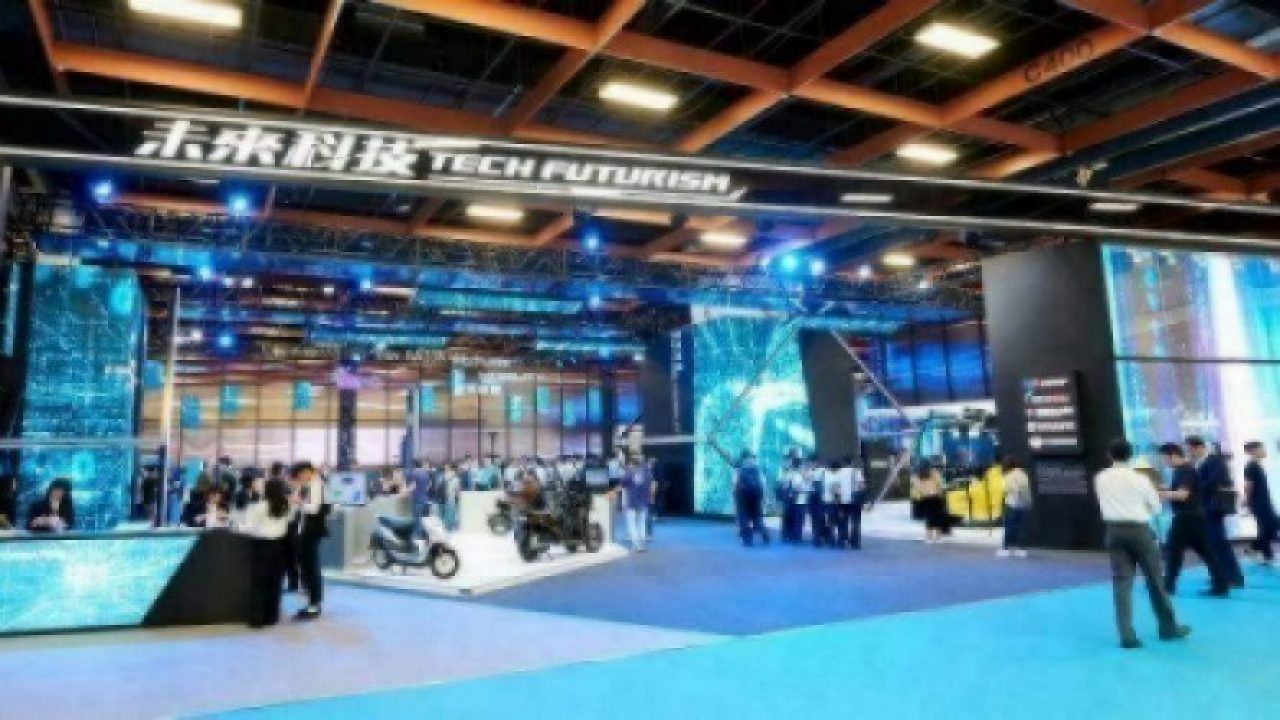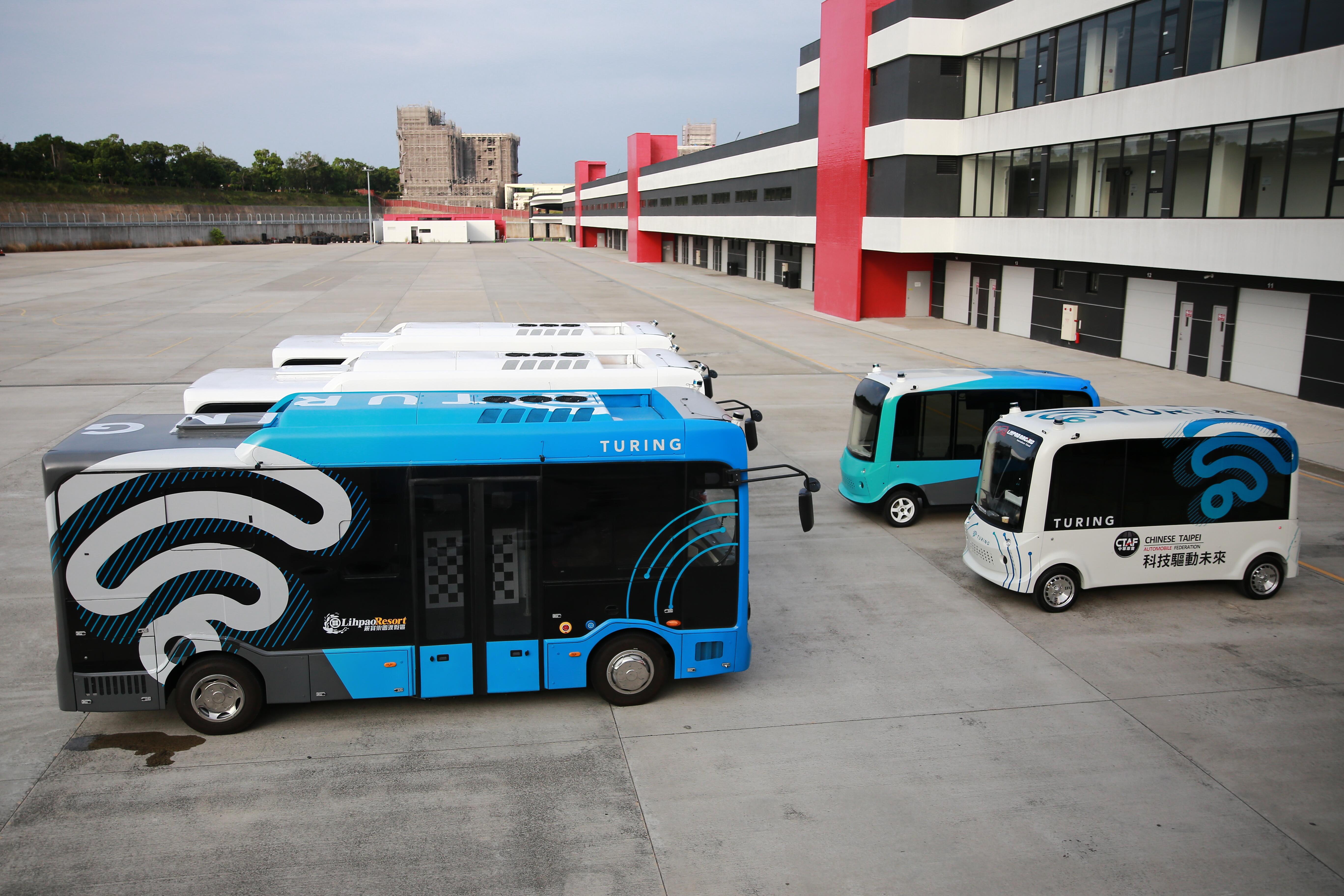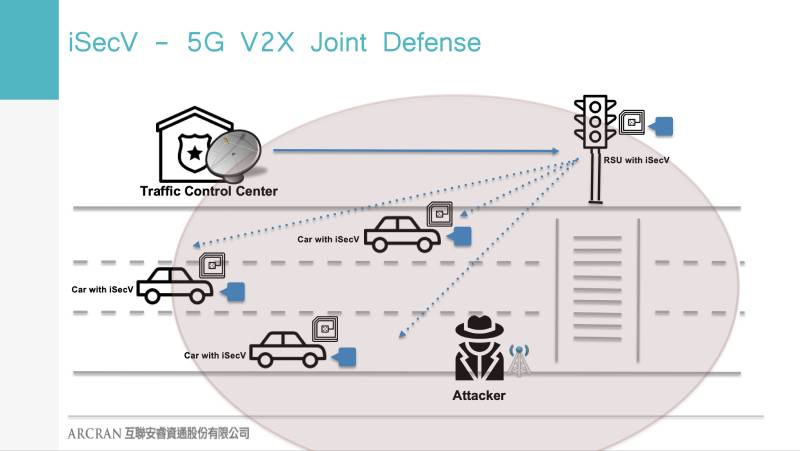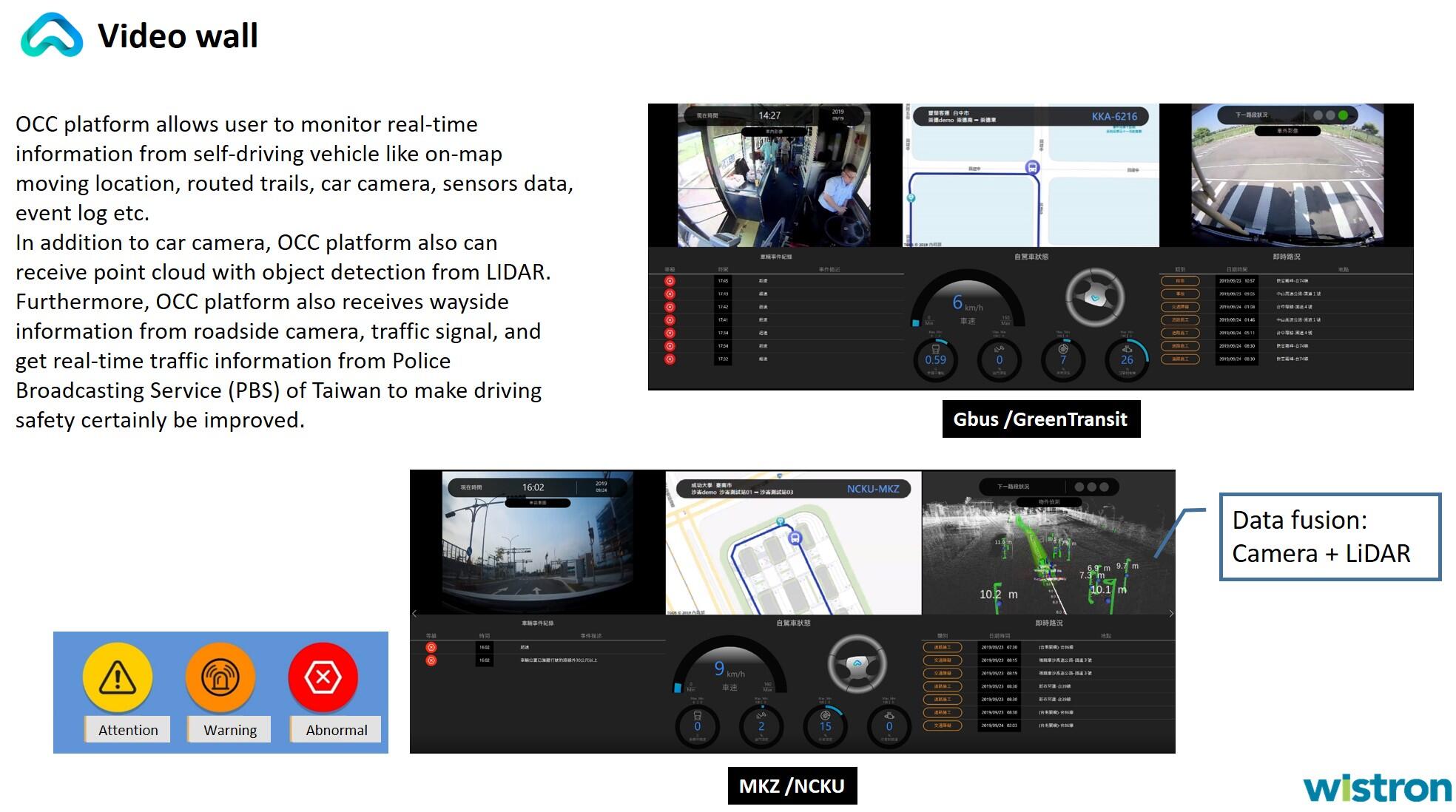Government support inspires the autonomous vehicle industry in Taiwan
Article By : Matthew Burgess

With the goal of creating a new economic structure, Taiwan hope to harness the power of innovation and create their own Silicon Valley
It’s no secret that Silicon Valley has proven formidable in driving innovation in the U.S. tech industry and is the envy of many a nation which try to imitate its success. Taiwan can now be added to that list as they endeavour to emulate the Silicon Valley spirit and establish itself as a hub of innovation in Asia.
To achieve this lofty goal set by the incumbent President Tsai Ing-wen, the Asian Silicon Valley Development Plan (ASVDP) was drawn-up. This is a national level plan that aims to develop a new economic structure for Taiwan through harnessing the power of innovation.
Leading this effort from their office in Taoyuan is the Asian Silicon Valley Development Agency (ASVDA). Hoping to inspire innovation across Taiwan, the ASVDA are supporting the development of startups and entrepreneurs as well as encouraging the ‘transformation’ of existing industries through IoT technologies.
The autonomous vehicle (AV) industry plays an important role in ASVDA’s plan for Taiwan and plan to build their ecosystem around the key themes of smart driving, AV, In-vehicle Infotainment and AV components. Taiwan already has a world-renowned supply chain and will aim to take full advantage of the expertise of companies to help them compete on the global stage.
Some of the companies which make up this ecosytem are listed below:
- Smart Driving: Kingwaytek Technology and Advantech
- AV: Turing Drive
- In-vehicle Infotainment: Chungwa Telecom, Wistron, Alpha Networks, Lite-On Technology Corporation, ArcRan
- AV Components: Forward Electronics, Sunplus Technology, Global Unitek
As part of their effort to develop Taiwan’s AV industry, ASVDA have helped to establish two testing facilities in the last 2-3 years in Tainan and Taoyuan. The recently opened Hutoushan innovation hub in Taoyuan acts as a cybersecurity centre and a testing platform for the AV industry. Located in the heart of Taoyuan, the innovation hub already offers an automated shuttle service allowing many companies the opportunity to trial their solutions in a live environment. With startups already running their solutions in the innovation hub, it gives them the best opportunity to create a viable business model.
Speaking with EETimes Asia at Taiwan Innotech Expo (T.I.E), Paul Lee, Chief Administrative Officer (CAO) at ASVDA explains that, “the companies can’t do this themselves; it is important that we provide regulations, laws and create a testing environment for them”.
ASVDA has worked in collaboration with Industrial Technology Research Institute (ITRI), a prominent research and development institution in Taiwan, to bring startups into the AV ecosystem and provide them with business opportunities.
Lee makes it clear that ASVDA isn’t here to prop up any flailing companies, this is a tough industry and the startups have to support themselves. That being said, Lee hopes that through providing the right environment and opportunities they will prosper.
Utilising AV for special purpose vehicles
A company taking full advantage of the support on offer is Turing Drive. A Taiwan based autonomous driving startup, founded only a year ago but already boasting a fleet of two autonomous bus operations and six autonomous shuttles. With a staff of 20, Turing Drive focus their engineering efforts on three core competencies of AV; sensors, of which they use camera, radar and lidar, heterogenous computing to provide greater compute efficiency and lastly, control-by-wire technologies.

“We don’t produce vehicles and we don’t want to limit ourselves to buses. What we do is create the technologies which can be applied to various kinds of vehicles, including buses, streetsweepers, tunnel inspectors, garbage trucks and any other special purpose vehicles,” said Stephen Liu, Executive Director at Turing Drive. They are keen to utilise their strengths and don’t want to over-reach by taking on exceedingly complex projects such as sedans and wagons.
It’s all well and good stating your prowess in AV technologies but as a startup, how do you get companies to buy-in?
Despite having a focus on developing AV technologies, Liu explains that Turing Drive have developed its own fleet to best demonstrate their capabilities. This is when Turing Drive turned to their partner Tron-e, a leading electric vehicle manufacturer based in Taiwan. They played a key role in developing Turing Drive’s electric buses which were constructed in Taiwan and are purpose-built for autonomous driving.
Liu explains that they are currently operating two AV projects in Taiwan, a shuttle service within Taoyuan MRT depot and another shuttle service at an amusement park which sees tourists taken between the car park, hotel and a racing track.
Can an AV trust it’s wireless environment?
One of the companies taking part in the Singapore bid as part of the consortium is ArcRan, a Taiwanese cybersecurity startup. Founded in 2017, ArcRan focuses on IoT and vehicle to everything (V2X) applications with core strengths in signal recognition, machine learning and network behaviour analytics.
“With more and more devices becoming connected to the internet, IoT is booming and has become the new playground for hackers,” said Angie Huang, Global VP at ArcRan.

“Everything is connected to the internet, an attacker could tamper with the signals and fake the signal communicating the traffic lights or even messages regarding traffic conditions,” said Huang. ArcRan’s solution aims to stop the tampering of communications by utilising a machine learning process which enables the sensors to detect security threats.
ArcRan’s solution is currently running in an autonomous bus trial in Taoyuan and they are currently working with Turing Drive to implement their solution on their AVs. Moving forward, their main targets will be, “the governments as they plan city infrastructure and smart city initiatives and car OEMs as they’ll need to plan our solutions into their cars,” said Huang.
Currently a part of the Taiwan Telematics Industry Association (TTIA) and Taiwan Association of Information and Communication Standards (TAICS), ArcRan are at the forefront of defining the autonomous bus standards in Taiwan. Huang emphasises that this has really given ArcRan an advantage in the market as they’re able to apply changes to their solutions before anyone else.
Bringing the AV pieces together
Wistron, a Fortune Global 500 company based in Taiwan, has developed a management platform which will enable the autonomous driving services across Taiwan. With their solution, Operational Central Control Platform (OCC), Wistron believe that they have created a one-stop data service portal which allows operators access to a variety of real-time datasets such as video, sensor and HD-Map services.
The cloud-based OCC platform collects real-time information and uses sensor data from autonomous vehicles to map out their current location. These sensors are capable of collecting a vast sum of information across 60 sensor attributes including speed, Gyroscope, engine RPM and engine load. To ensure that operators can monitor the condition of a vehicle and don’t become over-incumbered with information, the data is visualised in chart form.

Wistron believe that their solution will prove vital for fleet management, and enables startups to accomplish tasks more effectively with a sophisticated platform developed by Wistron.
“This is a new area and no single company can do everything; they will need to co-operate with other companies. This is especially true for the startups but hopefully they can provide new technology that can support the bigger companies. They need each other,” Lee said.
Taiwan’s tech giants are already moving into the AV space and ASVDA, acting as the ‘middleman’, are inspiring innovation by encouraging interaction with Taiwan’s startups.
Whether it’s the sensors, cybersecurity or even the vehicle itself; it takes a lot to build an autonomous vehicle and ASVDA are playing a pivotal role in integrating these components. ASVDA have worked tirelessly to create an AV ecosystem in Taiwan and continue to invite startups to matchmaking events and exhibitions such as T.I.E to further their business opportunities.
Subscribe to Newsletter
Test Qr code text s ss


